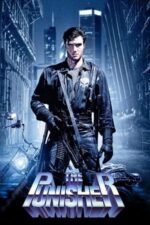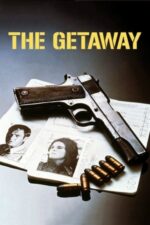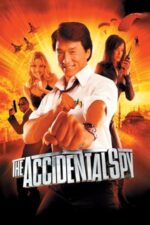Beyond the Tommy Guns: Exploring Organized Crime on Film
Hey everyone! So, we were chatting about films the other day, and the topic of organized crime kept popping up. It’s a fascinating subject – not just for the explosions and car chases (though those are fun!), but because it offers such a rich lens through which to examine society, power, and human nature. Think about it: these stories aren't just about gangsters; they're often reflections of our anxieties about corruption, inequality, and the fragility of justice.
What’s always struck me is how organized crime narratives have evolved over time. Early depictions – think classic gangster films like Little Caesar or Public Enemy – tended to romanticize the criminal life a bit, portraying these figures as rebellious outsiders taking on "the system." They were often larger-than-life characters, and while we knew they were doing bad things, there was a certain… allure.
But then came films that really started digging into the mechanics of organized crime – the intricate networks, the insidious corruption, the devastating impact on communities. Take Squad 36, for example. It’s not about flashy heists; it's about the slow rot of institutional failure and a lone officer battling against a system rigged against him. That sense of disillusionment is powerful stuff.
And then you get films that play with genre conventions entirely, like Deep Cover. The idea of an undercover operation blending seamlessly with comedic improvisation? Brilliant! It highlights how even in the darkest corners, humanity – and humor – can find a way to surface. It’s a clever subversion of expectations, reminding us that these stories aren't always about grim realism; they can be surprisingly inventive.
Demon City, with its focus on vengeance and a city overrun by masked figures, really leans into the operatic aspects of crime – the sense of overwhelming power and the personal cost of fighting against it. It’s almost like a modern-day Greek tragedy, isn't it? And China O’Brien offers a fascinating twist: bringing that familiar genre to a small town setting, highlighting how organized crime can infiltrate even seemingly idyllic communities.
Even something seemingly lighter, like Carnapping – Ordered, Stolen and Sold, uses the backdrop of stolen cars to expose corporate greed and criminal enterprise operating just beneath the surface of everyday life. It’s a reminder that corruption isn't always about flashy mob bosses; it can be found in boardrooms too.
Finally, Trial by Jury really gets at the heart of what’s at stake when we confront organized crime – not just legal justice, but personal safety and family. The moral compromises characters are forced to make under pressure? That's where these stories truly resonate.
So, next time you’re looking for a film that offers more than just explosions (though those are great!), consider exploring the world of organized crime on screen. You might be surprised by what you discover about yourself and the society we live in. What are some of your favorite takes on this theme? Let's chat!






































